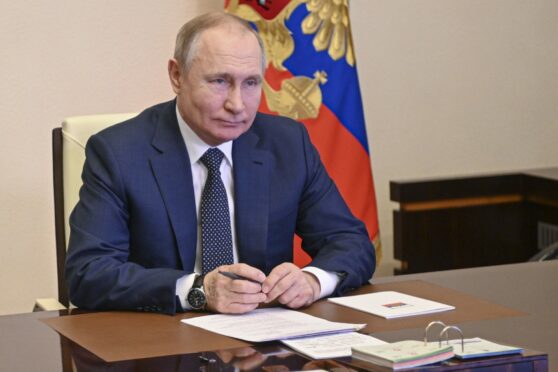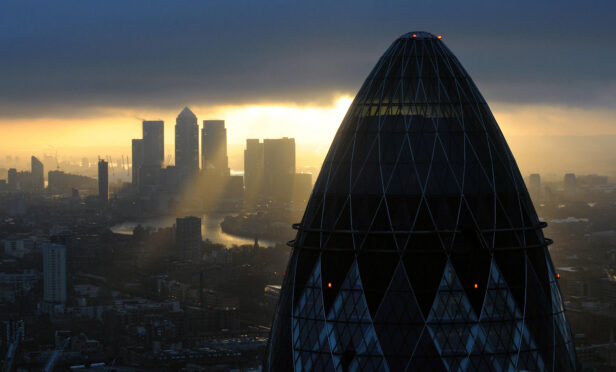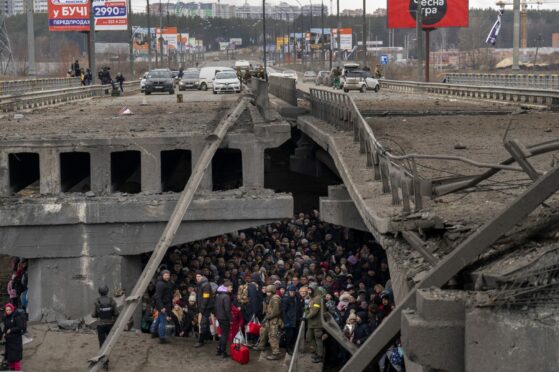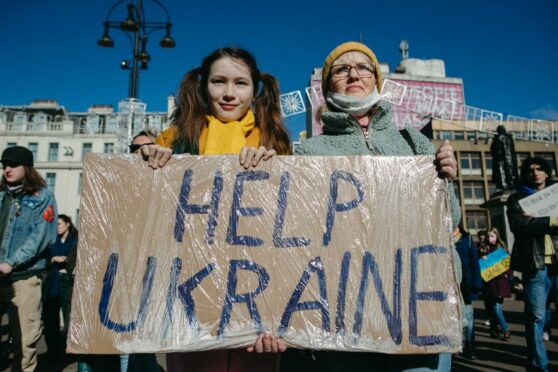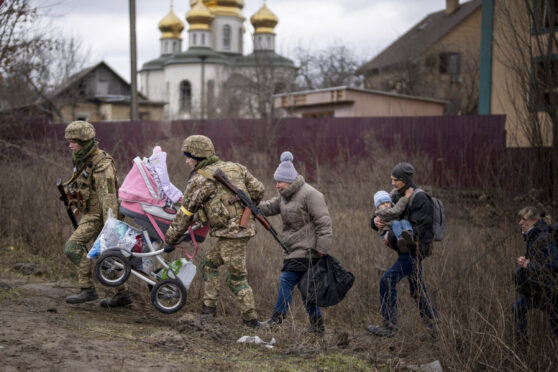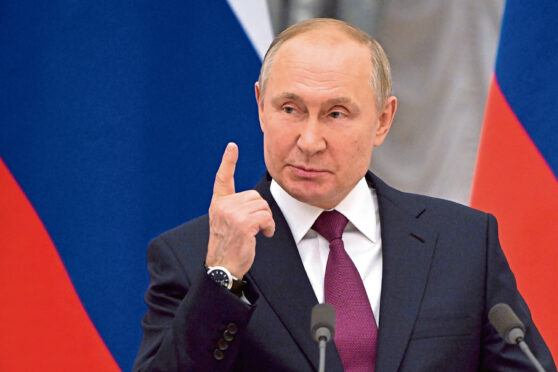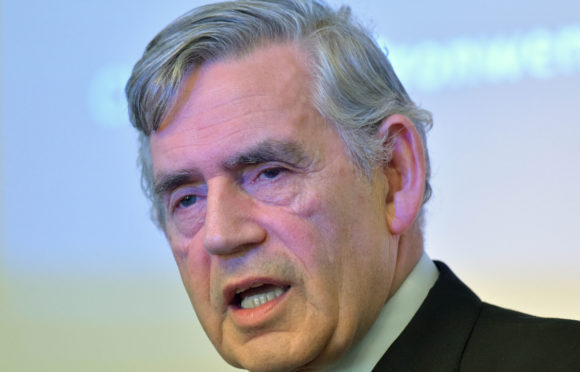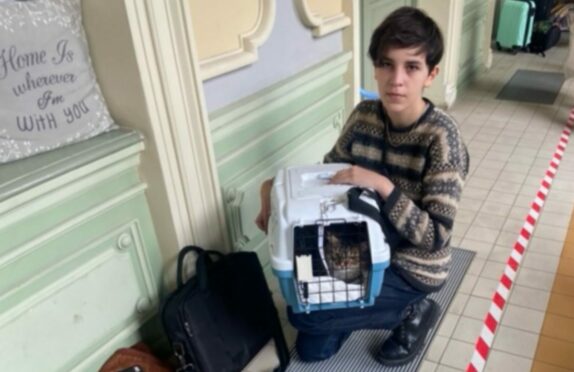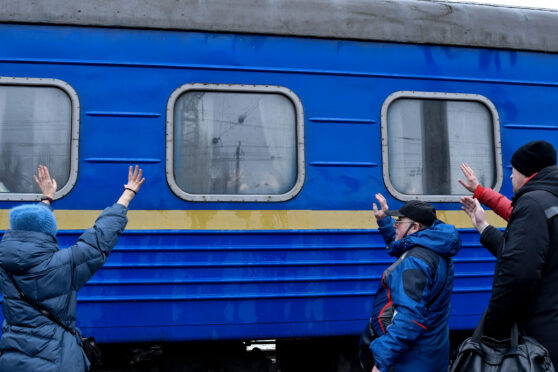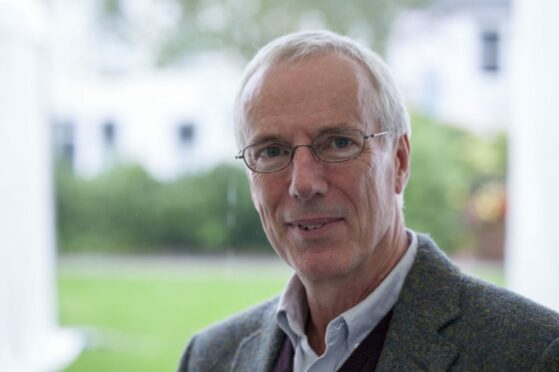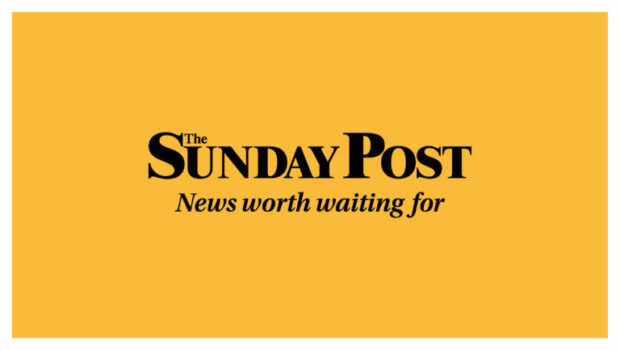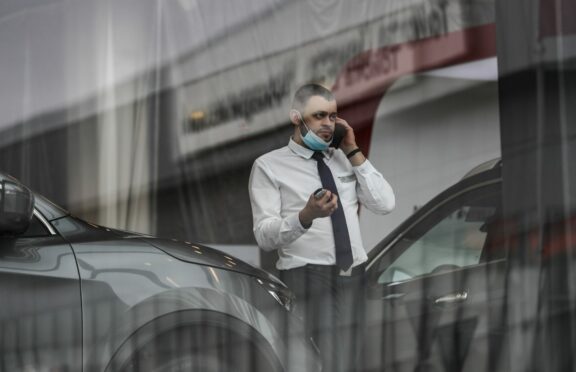
A blackout of independent news is not enough to hide the toll of Vladimir Putin’s war from Russians.
In one company of 100 soldiers forced to fight in the conflict, only four survived, a senator told the Federation Council, or upper house of the Russian parliament.
Russians have been told almost nothing about the deaths and injuries inflicted on the Russian invasion force, with parents and wives cautioned that if they speak publicly of their losses they will miss out on state compensation payments.
The Ukrainians estimate the Russian losses at more than 9,000, a figure that is likely too high just as the Kremlin’s official estimate of 500 is too low. In the coming days and weeks it will be impossible for Moscow to hide the bodybags and the rising number of soldiers missing presumed buried in mass graves.
This will be the case even though Russia is engaged in a crackdown on dissents and the media unmatched even in the Soviet Cold War era, leading to an exodus of Western journalists. Protests are being forcibly discouraged, with almost 8,300 so far detained since the war started.
“I am sickened by what is happening. We are returning to the ways of Soviet times, and a secret police state where you cannot protest and have a voice,” said Tatiana, 59, a scientist, who cannot reach relatives in the Ukrainian city of Kharkiv, where she was born.
“The world is closed to us, just like in my childhood. Meanwhile, my country is bombing the hell out of Kharkiv. I am so ashamed.”
Gennady, 48, a teacher from Yekaterinburg, in the Urals, said: “Many people see protests as futile and dangerous but they do not like what Putin is doing.”
Many men are now seeking to flee abroad – anywhere – to avoid being called up as army reservists amid indications Putin is demanding reinforcements, and soon. This could involve men up to 50 in the lower ranks, and 70 for senior officers.
Tatania’s son – in his 30s – yesterday arrived in an ex-Soviet republic with no job and little money “but at least he will not be Putin’s cannon-fodder”, she said. “It’s my best news of a devastating few weeks,” she said.
In Russia, Putin’s problems are increasing as he refuses to slow, never mind halt, his invasion. There are signs Western sanctions are taking their toll, and the famous stoicism of Russian people may not last forever.
The Russian currency has sunk like a stone and many people are furious their hard-currency savings are being forcibly transferred by banks into roubles. In shops, shelves are emptying, partly through panic buying and hoarding, but also because sanctions are hitting supply lines as Western firms, from Ikea to Mercedes-Benz pull out or curtail operations.
Staples like buckwheat and flour are rising in price at a time when the currency’s value is going through the floor. The elite as yet may be untouched by the worst problems but, as retail manager Sergei, 29, said: “This is going to hit us all. For now people blame the West, but sooner or later it will dawn that Putin’s war was unnecessary and costly.
“It will change our lives forever, in a bad way. Nothing good can come from it.”
Putin will also be furious over the source of the story about the 96 out of 100 killed in Ukraine. It was Russian senator Lyudmila Narusova, widow of his political mentor, who criticised the “shameless lies” of his state TV channels over the Ukrainian war. Her husband – the late Anatoly Sobchak – was Putin’s law professor. And, when Sobchak was mayor of St Petersburg he made Putin his deputy after he quit the KGB.
She has told how the Russian fallen “lie there, with stray dogs gnawing at their faces. Some cannot be identified because the bodies are so charred”.
However, despite the mounting unease about what the Kremlin and its state-sanctioned media insist on calling a military operation and not a war, there are many Russians apparently content, knowingly or not, to go along with Putin’s fiction. For now, at least.

Enjoy the convenience of having The Sunday Post delivered as a digital ePaper straight to your smartphone, tablet or computer.
Subscribe for only £5.49 a month and enjoy all the benefits of the printed paper as a digital replica.
Subscribe